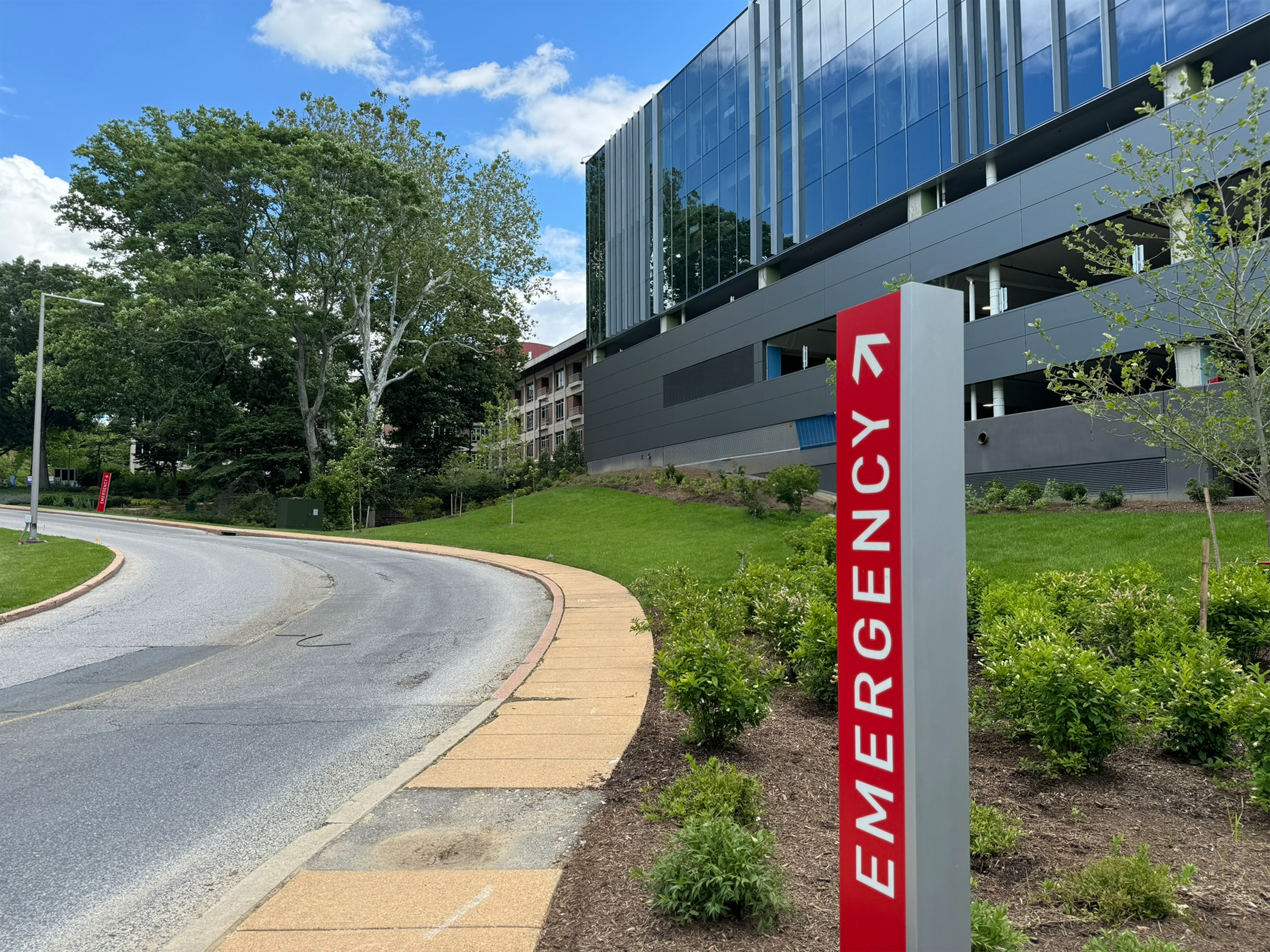
Access control is a cornerstone of security management in various industries, but its implementation in hospitals and healthcare facilities requires unique considerations. The nature of these environments demands stringent measures to safeguard patients, staff, and sensitive areas without compromising the functionality and accessibility essential for daily operations.
Key Components of Access Control in Healthcare
Comprehensive Ingress and Egress Management
Access control systems in healthcare facilities must oversee and manage entry and exit points across diverse locations such as pharmacies, laboratories, loading docks, and the general campus. This includes differentiating between secured and unsecured areas to ensure that only authorized individuals have access to sensitive zones.
Dual Authentication for Enhanced Security
Implementing dual authentication, or two-factor authentication, is critical in areas requiring heightened security. This additional layer of identity verification mitigates risks associated with cloned, lost, or borrowed credentials, thereby enhancing overall security and accountability.
Limited Ingress Points After Hours
To manage and reduce movement within the facility after hours, it is essential to limit the number of free ingress points. This measure ensures that access is controlled and monitored, reducing the risk of unauthorized entry during less supervised times.
Securing Stairwells
Stairwells present a unique security challenge due to their accessibility to multiple floors and departments. It is vital to equip stairwell doors with appropriate locking hardware that complies with fire codes and Authority Having Jurisdiction (AHJ) requirements while integrating access control measures to maintain security without violating safety regulations.
Integration of Video Surveillance
Video surveillance systems play a crucial role in enhancing safety and security within healthcare facilities. When integrated with access control systems, these cameras provide valuable support for post-incident investigations, offering visual evidence to complement access logs.
Visitor Management Systems
Effective visitor management involves several practices, including visitor sign-in and sign-out procedures, security monitoring, and maintaining visitor logs. These measures ensure that all visitors are accounted for, which is crucial for maintaining security and safety within the facility.
Balancing Security and Functionality
While the primary goal of access control is to secure the facility, it is crucial to balance security measures with the functionality required by healthcare professionals. Nurses, doctors, and other staff members must be able to perform their duties without unnecessary impediments. Therefore, access control systems should be designed to provide robust security while allowing seamless movement for authorized personnel.
Implementing advanced access control systems in hospitals and healthcare facilities is essential for safeguarding both people and assets. By focusing on comprehensive ingress and egress management, dual authentication, limited after-hours ingress points, stairwell security, video surveillance integration, and effective visitor management, security managers and administrators can create a secure yet functional environment. Balancing these measures ensures that healthcare professionals can deliver quality care without compromising security.
Incorporating these strategies not only enhances security but also fosters a safer and more efficient healthcare environment, ultimately benefiting patients, staff, and the entire facility.
We Can Help
A specialized security consultant can assist healthcare security professionals in achieving their goals by providing expert guidance on implementing advanced access control measures tailored to the unique needs of healthcare facilities. They can design and integrate comprehensive ingress and egress management systems, ensure compliance with dual authentication protocols for enhanced security, and optimize after-hours access points to control facility movement. Additionally, they can address the security challenges of stairwells with appropriate locking hardware and access control solutions, integrate video surveillance with access control for improved incident response, and establish effective visitor management systems. By balancing security with functionality, consultants help create a secure environment that allows healthcare staff to perform their duties efficiently.
Contact us to get started with improving security at your facility.
Case Studies ABOUT OUR CONSULTING SERVICES FOR HEALTHCARE
 Download Our HEALTHCARE FACILITY AND HOSPITAL CAMPUS SECURITY AND SAFETY GUIDE
Download Our HEALTHCARE FACILITY AND HOSPITAL CAMPUS SECURITY AND SAFETY GUIDE
As a security manager or administrator in a healthcare facility, understanding and addressing your distinct security needs is paramount. This guide focuses on the critical aspects you must consider to protect your patients, staff, and visitors. By examining the unique challenges faced by healthcare operators, we provide a comprehensive overview of the strategies and technologies essential for a robust physical security program. It is crucial to ensure compliance with HIPAA, Joint Commission, and IAHSS guidelines and regulations to maintain a secure and accessible environment.
Recent trends highlight a significant increase in violence within healthcare settings. According to the IAHSS Healthcare Crime Survey, simple assault rates have been rising alarmingly. The data indicates that from 2012 to 2019, assault rates were approximately 10 incidents per 100 beds. However, in the past three years, this rate has more than doubled. This statistic underscores the urgent need for enhanced security measures in healthcare facilities.
Let's discuss unique security consulting and engineering for your facility or campus >>





